We recently connected with Sean Rose and have shared our conversation below.
Sean, appreciate you joining us today. What’s the best advice you ever gave to a client? How did they benefit / what was the result? (Please note this response is for education/entertainment purposes only and shouldn’t be construed as advice for the reader)
I brand myself as the “Mental Health Herbalist”, mostly due to the fact that I got my start in herbalism for my own mental healthcare needs, and I maintain an extensive network of contact with mental health counselors. My partner is an ACT therapist, and we are both members of the Association for Contextual Behavioral Science (ACBS). As such, I often borrow from the ACT counselor’s toolkit in recommendations I make to clients (for the record, I am not a licensed mental health counselor and I do not provide mental health therapy in my services).
I have a few little funny phrases I like to rely on to help clients practice thought defusion. This is based on the idea that many of us become “fused” with our thoughts, believing them to be 100% true when they are often only half-truths or completely fabricated stories our minds feed us to serve one function or another. Thought defusion practices allow us to see our thoughts for what they really are: mercurial words, passersby that are sometimes useful, and sometimes not.
When I have a client who is fused with a thought, something like “I am stupid” or “I am pathetic”, I ask them to write that thought down. Then, below that, I ask them to write it again but replace the last word with “a banana”. Usually, this will get a laugh out of a client. I ask them to consider this phrase, what it means. What is it like to be a banana? What does it mean to be a banana? Can you get your mind to think the phrase, “I am a banana”? Now, that thought you just had… is it true? What makes this thought less true than the one you wrote above it? Eventually, I’ve gotten clients to mindfully catch themselves in ruminations like this and insert a little thought of “I am a banana”, pulling themselves out of the negative thought pattern with some laughter.
It’s important to invite a little silliness into such a serious topic as mental health. Many of us can live better lives when we remember that we don’t have to believe all the thoughts that are fed to us, as convincing as they may be sometimes. Sometimes our brains do silly things, and being open to that possibility can free us up from all the harsh things we say to ourselves.
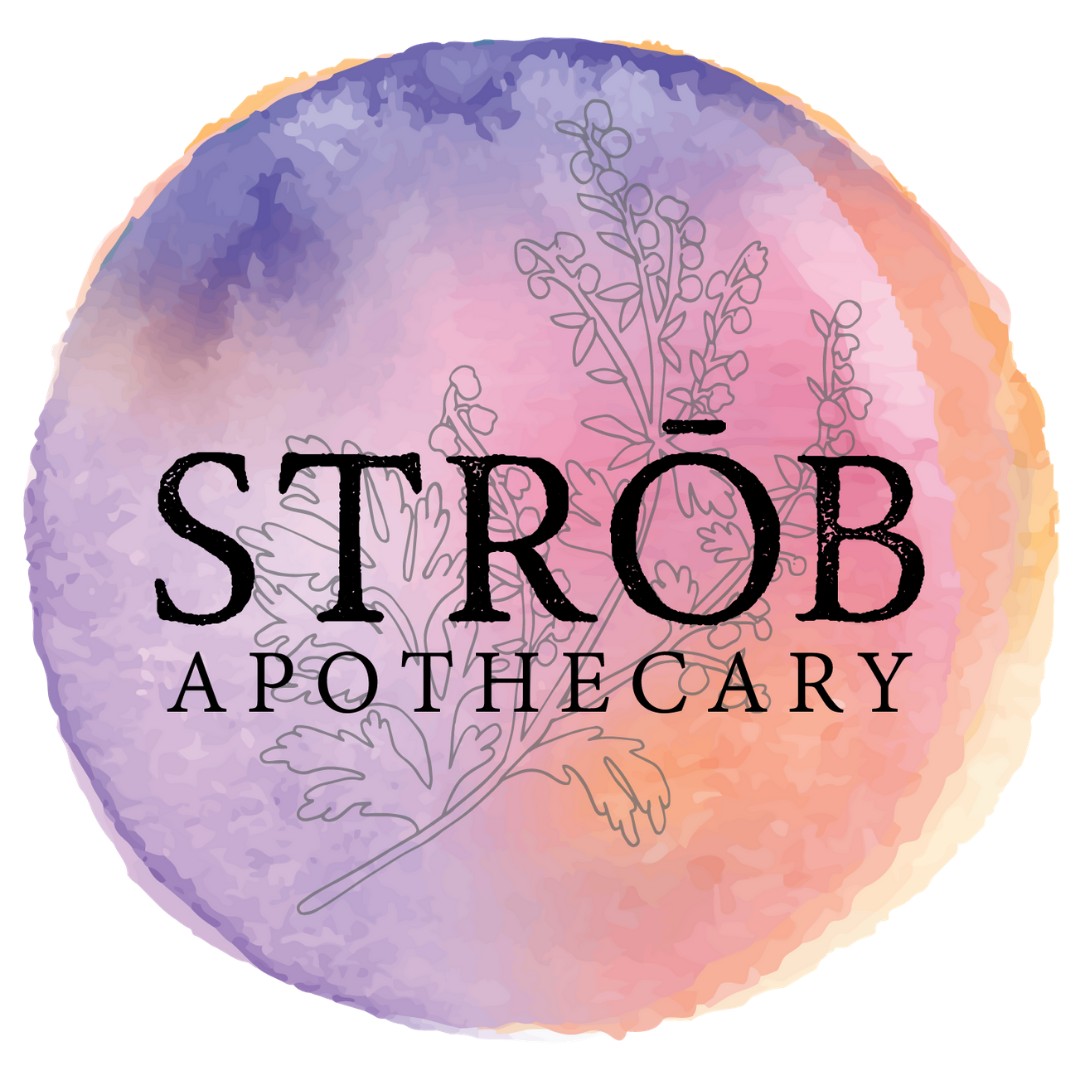
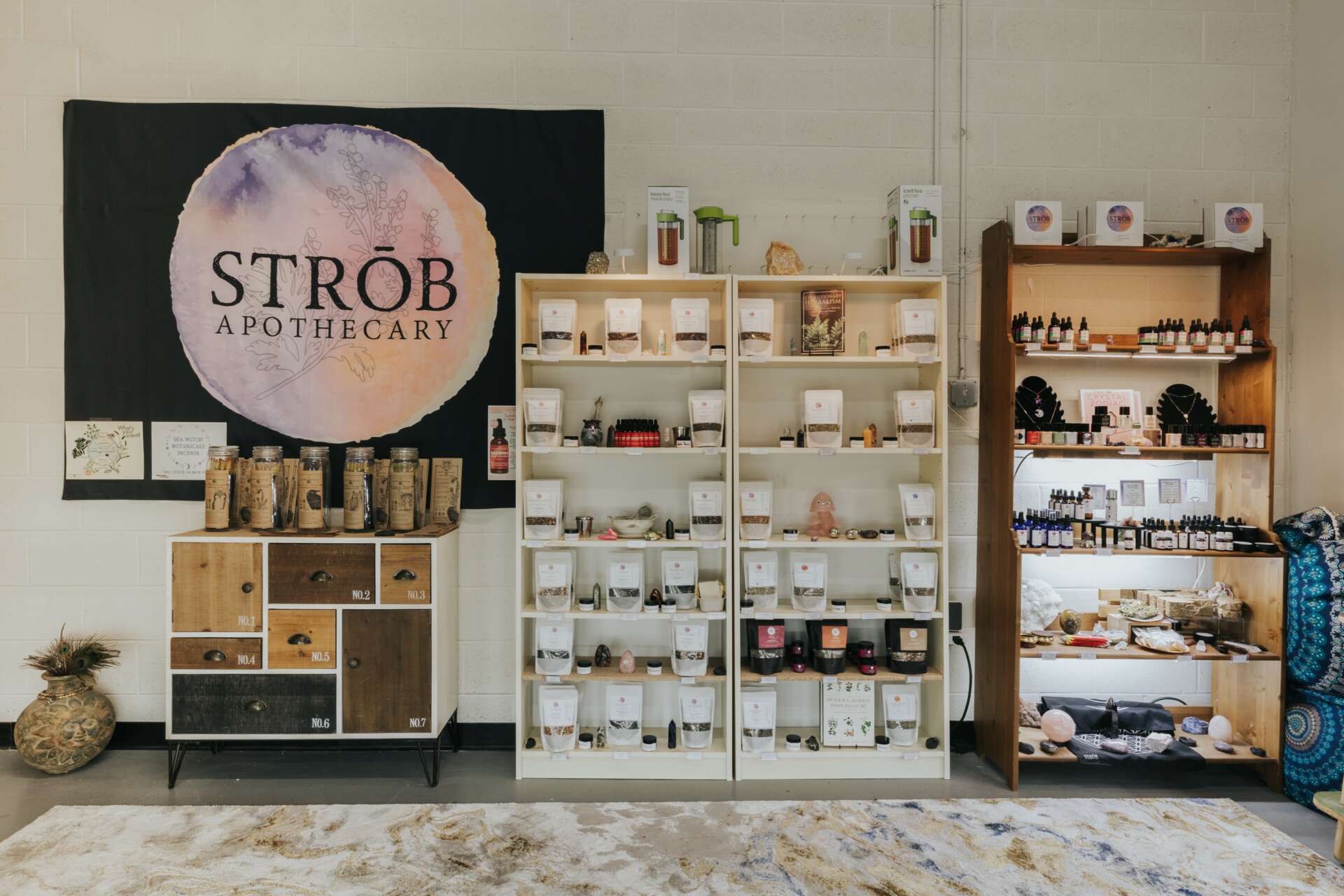
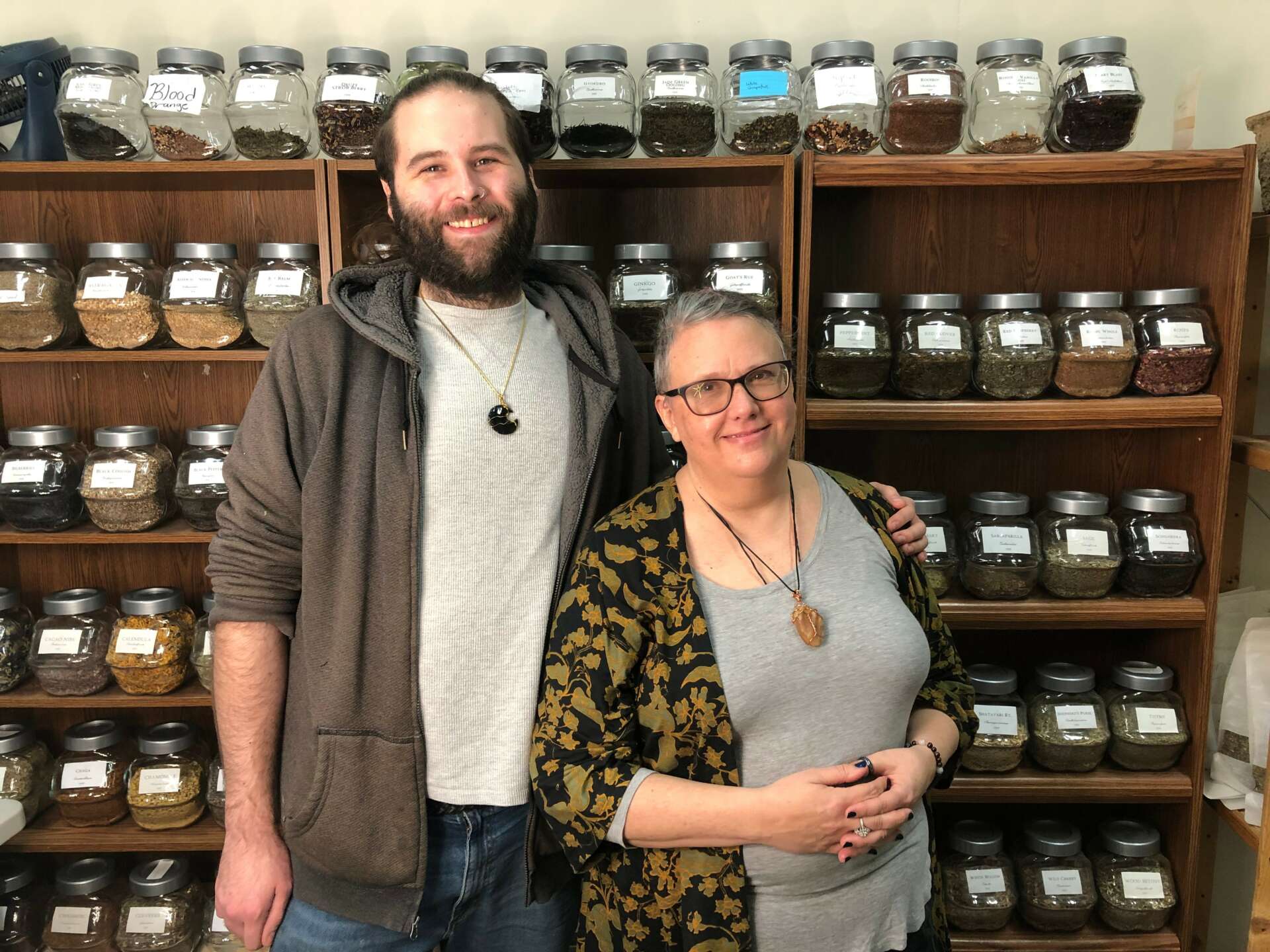
Great, appreciate you sharing that with us. Before we ask you to share more of your insights, can you take a moment to introduce yourself and how you got to where you are today to our readers
I am the founder and co-founder of two small businesses, respectively. First and foremost, I am a clinical herbalist, so both of my businesses involve herbalism in some way.
The first is my wellness practice, Tenderhearted (www.tenderhearted.love). This is the business I originally founded as my clinical practice after graduating with my master’s from Maryland University of Integrative Health. Tenderhearted is still in its infancy, with only two practitioners at the time of writing, but it is being built as a hub of education and support for community wellness. We aim to hire a number of practitioners of differing disciplines, each an expert in their craft, to offer a wide range of wellness programs and services. Currently, we offer support for people seeking clinical herbal therapy, reiki, holistic crystal therapy, and end-of-life doula services. We are soon expanding into the education and podcasting spaces, so keep a look out for future developments by signing up for our email newsletter!
The second small business is one I’ve co-founded with four other close friends and colleagues, each of whom are experts in various wellness fields. This is STROB Apothecary (www.strobapothecary.com), a small custom-formulating herbal apothecary and crystal shop with a focus on affordable access to wellness products for our community. From the beginning, STROB has been guided by its 5 guiding principles and beliefs (find more at https://www.strobapothecary.com/about), always keeping these in mind as our core values when making decisions together.
We work diligently to support the physical, mental, and spiritual health of our communities with one-on-one direct attention and customer service, often offering custom-formulated teas and aromatherapy products to customers who have more specific needs than our typical wellness tea blends might meet. Our customers love that they can always come in to receive expert support and custom formulation from our staff of clinical herbalists, crystal healers, aromatherapists, and root workers. What’s more, we ship products and blends nationwide, and custom formulation services can always be requested online by going to our website and hitting the “custom tea” button!
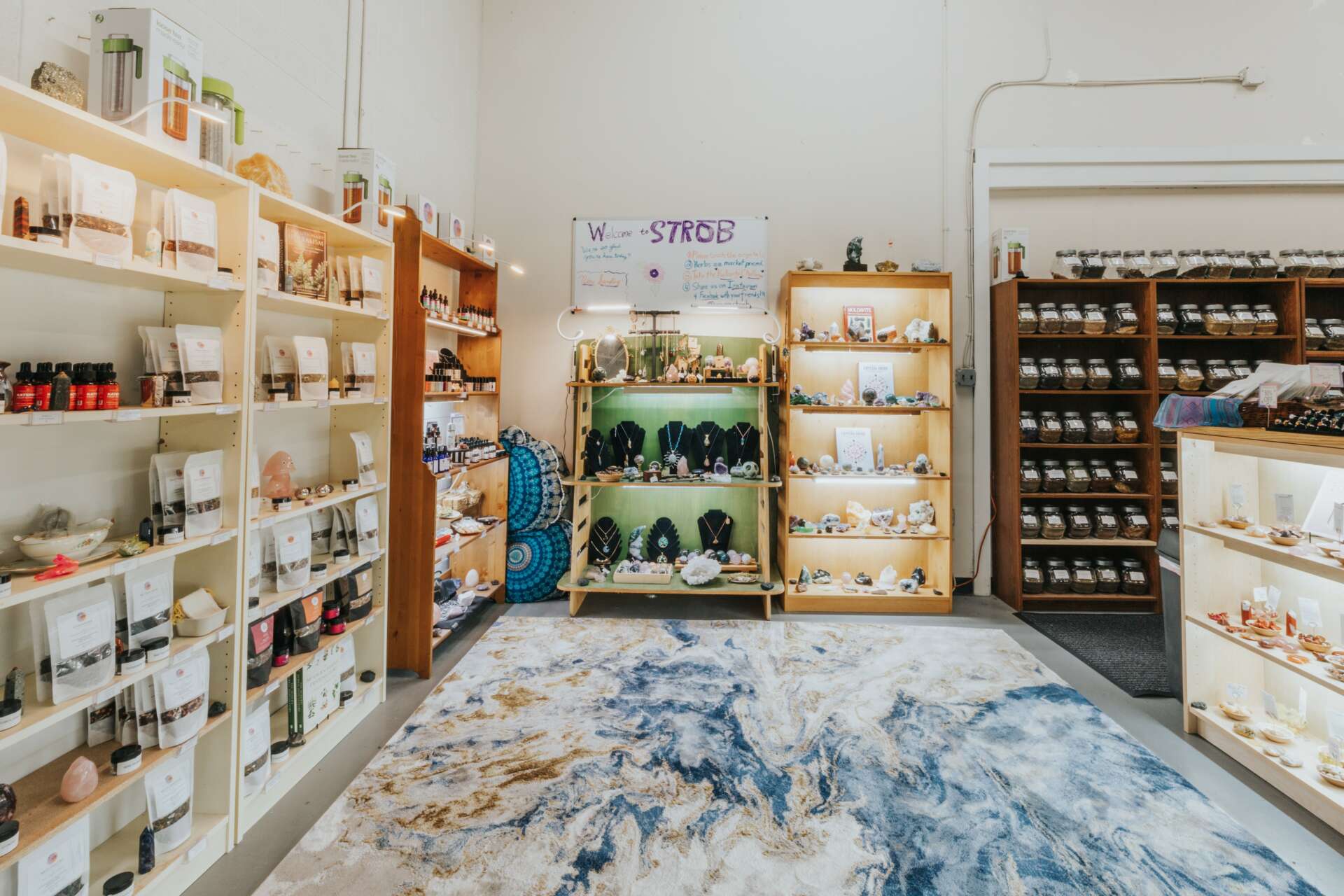
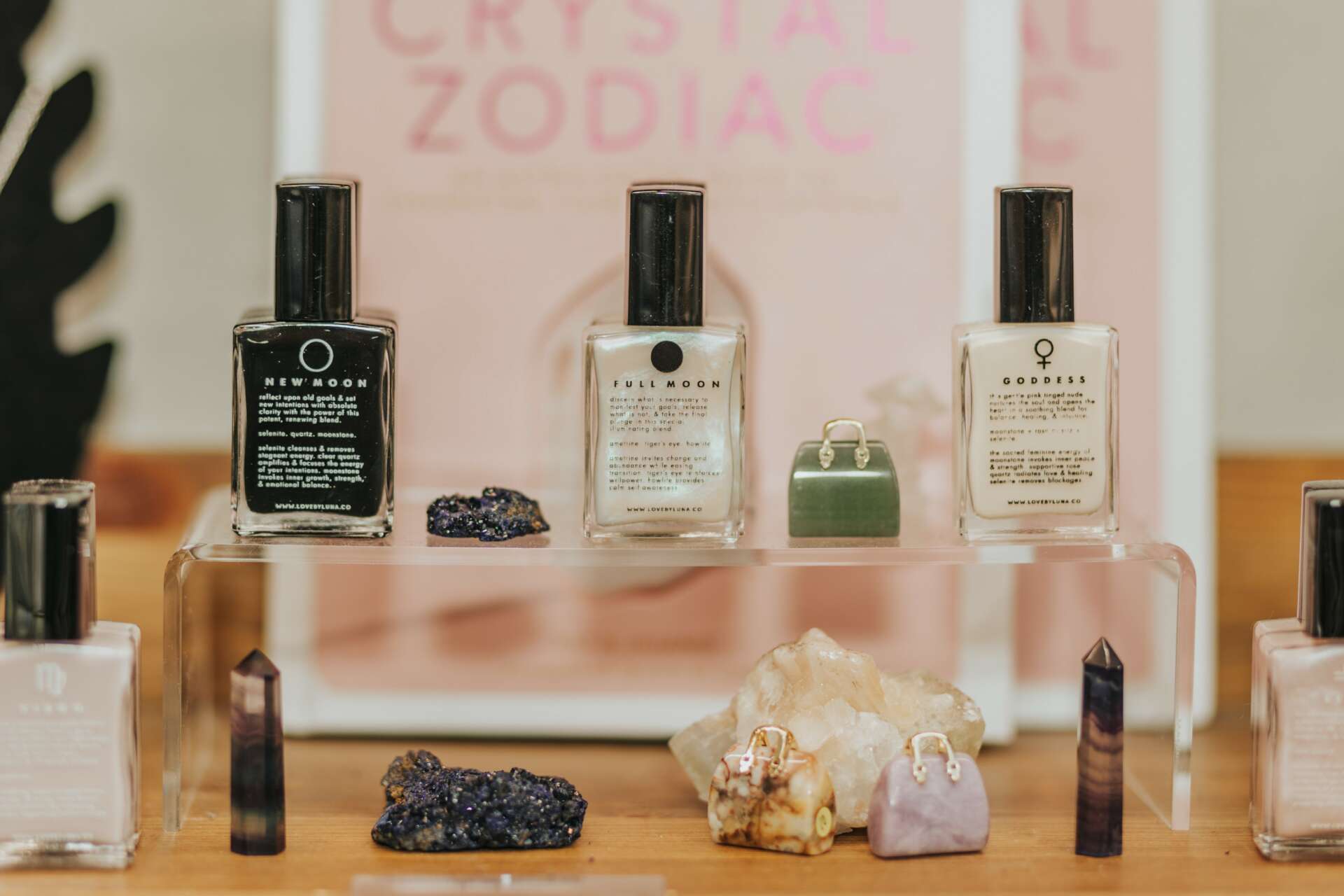
Do you have any insights you can share related to maintaining high team morale?
I’m certainly still learning more everyday about managing teams of people. Namely, I tend to struggle with effective delegation, which is one of the main things a manager has to master. Because I have high standards, sometimes to a fault, I have a difficult time explaining exactly how I’d like someone to do something. Effective delegation involves not just tasking people with things to do, but evaluating each individual job that needs to be done and picking the correct player for that job based on who they are, what they enjoy, and what special skills they have. When you get your people working on projects that matter, not just to the team but also personally to them, I think you can get some great results. There are always less desirable jobs to do, of course, and dividing these appropriately among your team is also important.
My main advice would be to maintain an overall positive attitude and be ready to pivot when something goes wrong or when something isn’t working. Morale comes directly from the leader, and an effective leader needs to be fluid, able to adapt as necessary. Your team needs to know that they can bring problems to you safely, and that it is always a collaborative effort for the team to overcome problems. I’ve known too many managers to be angry, cutting people, whose workers actively avoid them and avoid bringing up anything that’s going wrong for fear of being yelled at or blamed for it. So, to boil it down, treat your team members as human beings, people who sometimes make mistakes, who want to do their job well if they are properly supported in doing so.
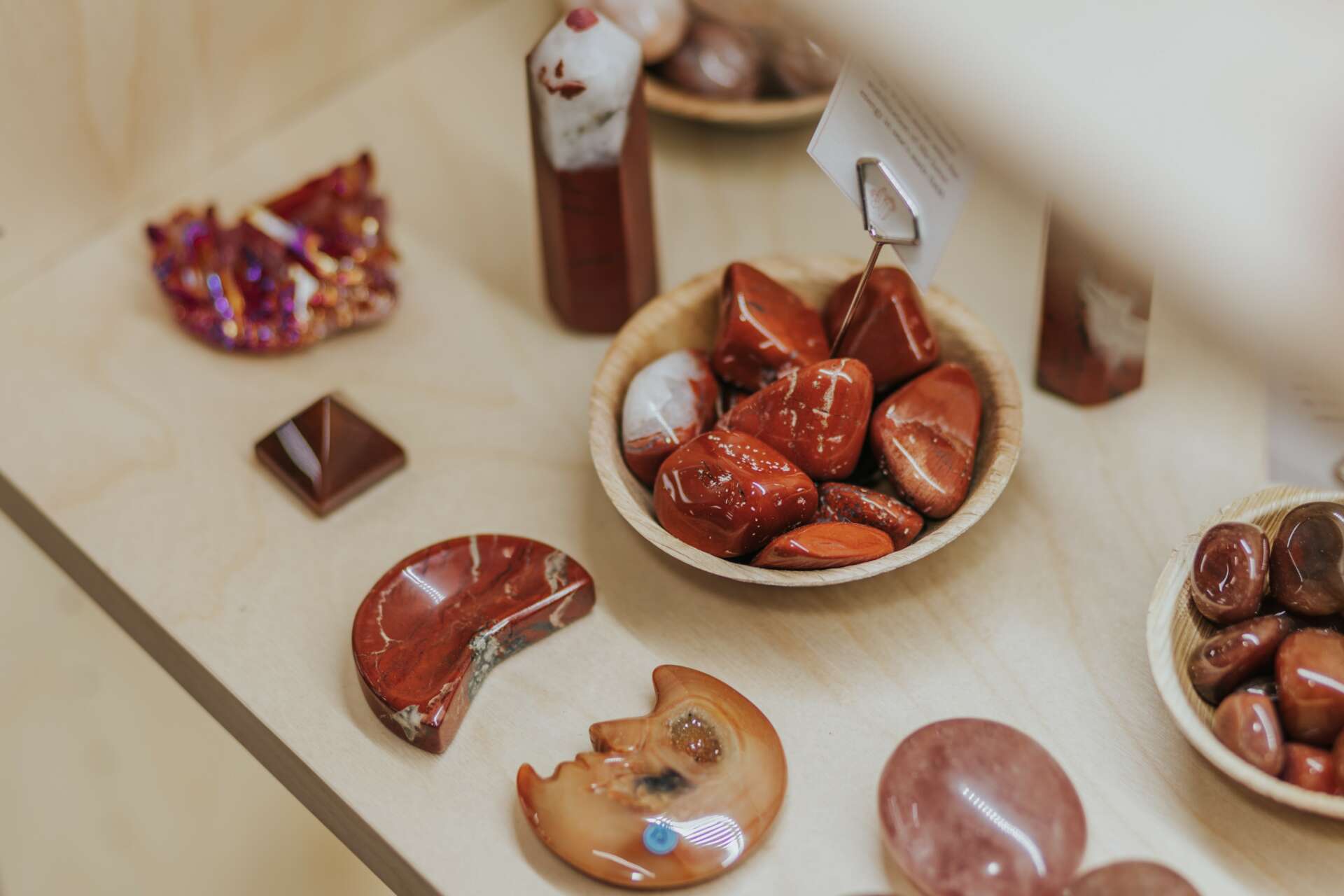
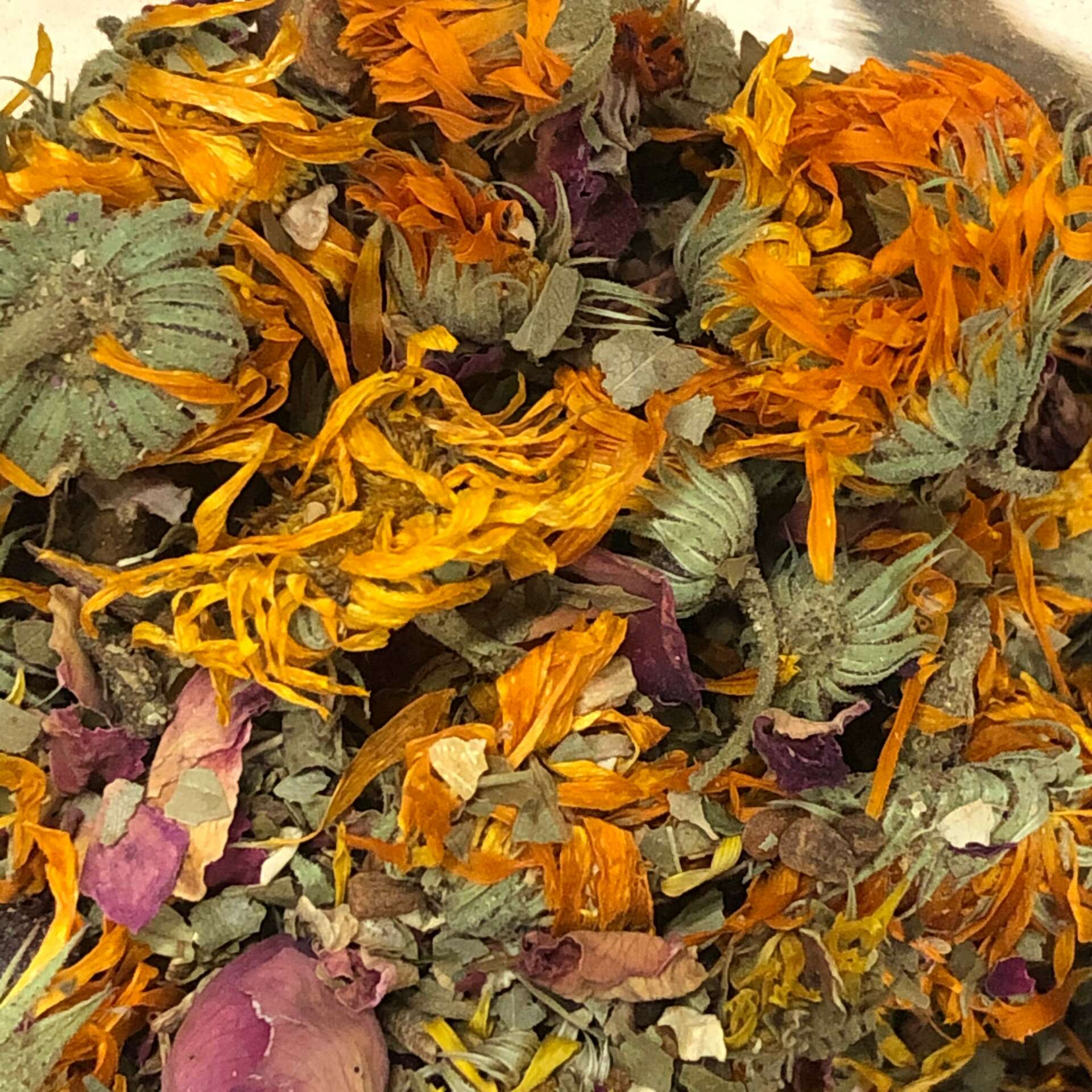
Do you think you’d choose a different profession or specialty if you were starting now?
I’ve tried a few different career paths in my life, and at this point I can see how all of those different experiences have contributed to becoming a more polished and well-rounded clinician and educator.
Initially I wanted to be a linguist of some sort. I got my B.A. in modern languages and linguistics with a focus on German, and even went abroad to study for a bit. When I graduated, I signed up for a certification program in Prague, Czechia to become a TEFL (Teaching English as a Foreign Language) instructor. I quickly developed a love for teaching beginners, people who couldn’t speak hardly any English at all, whose leaps and bounds in learning excited them and motivated them to keep doing the work. Eventually I moved to Costa Rica for a small time to teach, where I learned how to write 3-hour lesson plans in 30 minutes or less. I completely loved this work, but the reality of being basically a kid in a foreign country was difficult for me to figure out at that time in my life, and eventually I came home.
I think, in another dimension somewhere, there is another version of Sean who managed to figure out the whole “living and working abroad” thing, and who still does something like that. As for this dimension, I’m happy to have had these experiences in teaching, and more specifically, learning how to teach all people, even adults, as if they are children learning something new for the first time. Teaching is really about getting people into the beginner’s mind, which all of us can access, but we can have trouble with as we age. Today, I model my herbalism lessons after what I learned is effective for teaching English to people who are complete beginners, never having spoken a word of it before entering my class. The world of herbalism uses a lot of jargon and often, to understand our herbal remedies better, we have to imagine the body and its state of health in a completely different way than many of us have been taught in the conventional medical model. In this way, learning herbalism is sort of like learning a new language, so I still sort of feel like a language instructor even today.
Contact Info:
- Website: www.strobapothecary.com, www.tenderhearted.love
- Instagram: @wearestrob, @mentalhealthherbalist
- Facebook: @wearestrob
- Yelp: https://www.yelp.com/biz/str%C5%8Db-apothecary-crofton
Image Credits
Margarita Photography

